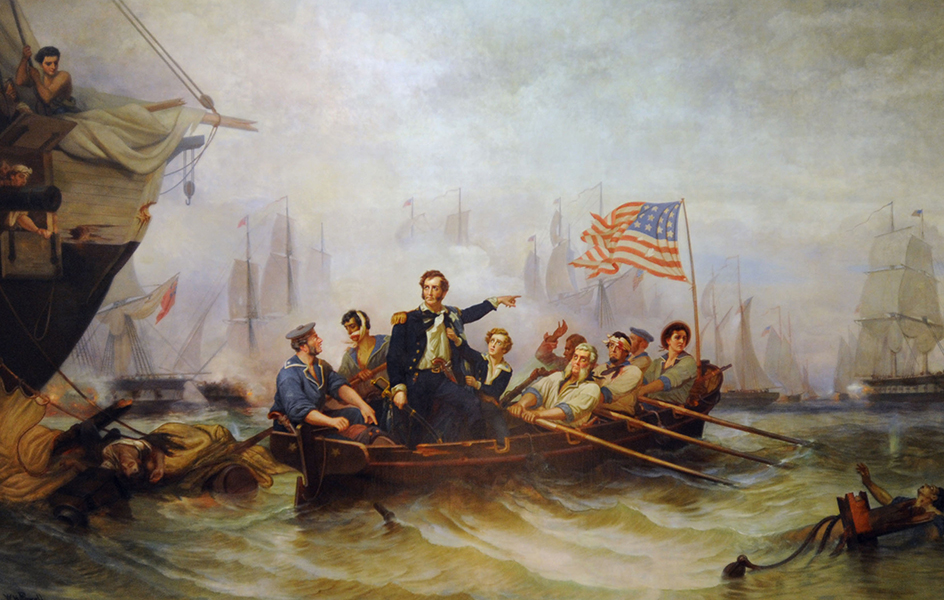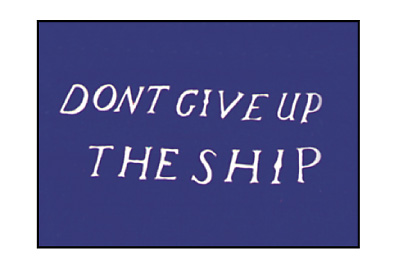Perry, Oliver Hazard (1785-1819), was a United States naval officer who became noted for his heroism during the War of 1812. At the outbreak of the war, Perry was a naval lieutenant but had no sea command. After being promoted to master commandant, he offered his services on the Great Lakes, and received command of the Lake Erie naval force.

Except for a brief period when he fought on Lake Ontario and helped capture Fort George in Canada, Perry spent the spring and summer of 1813 in Erie, Pennsylvania, outfitting his fleet for battle. He left Erie in August.

Perry made his headquarters at Put-in-Bay, off the Ohio shore, and on Sept. 10, 1813, sailed from there to fight the British. His fleet included nine small ships, the largest of which were the Lawrence, commanded by Perry, and the Niagara, commanded by Jesse Duncan Elliott. During the battle, the Niagara took little part in the fighting. The Lawrence suffered many casualties and after 21/2 hours was disabled. Perry then rowed to the Niagara. Under Perry’s command, the Niagara kept the British from boarding the Lawrence. Two British ships became entangled, and the Niagara raked them with broadsides. The British fleet of six vessels surrendered soon after Perry had taken command of the Niagara.
Perry then sent to General William Henry Harrison, the military commander in the West, the famous message, “We have met the enemy, and they are ours.” For his victory, Perry was promoted to captain and received a gold medal and monetary rewards. The victory gave control of Lake Erie to the Americans. General Harrison was able to cross the lake and occupy part of Upper Canada. Perry helped transport the troops. He later took part in the battle around Detroit and on the Thames River in Canada.
Perry was born in South Kingston, Rhode Island, on Aug. 23, 1785. At the age of 14, he became a midshipman and served in the Caribbean under his father, who was a naval officer. During the war with Tripoli (1801-1805), he served on ships in the Mediterranean Sea. In 1807, as a lieutenant, Perry directed the construction of gunboats at Newport, Rhode Island. He next took command of the Revenge, which ran aground in a fog in 1811 and was lost. An inquiry cleared Perry of any blame for this loss because a pilot had been in charge of the ship at the time it ran aground. In 1819, Perry took a small fleet to Venezuela on a diplomatic mission for the government. That August, while sailing homeward along the Orinoco River after this mission, he contracted yellow fever. Perry died aboard his ship on Aug. 23, 1819.
